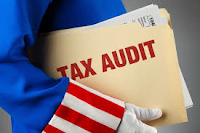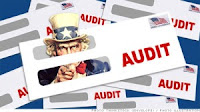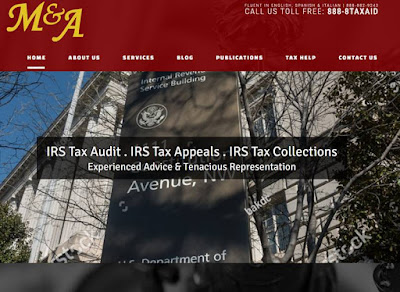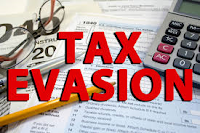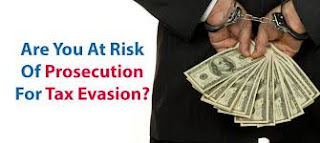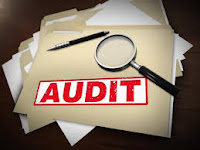
The IRS’s Large Business and International (LB&I) division has released a process unit on using a withholding agent’s electronic systems to evaluate the reliability of the information provided by foreign payees on Forms W-8.
A withholding agent is a U.S. or foreign person that has control, receipt, custody, disposal, or payment of any item of income of a foreign person that is subject to withholding. (Code Sec. 1473(4)). Generally, a payment is subject to withholding if it is U.S. source income that is fixed or determinable annual or periodic (FDAP) income. FDAP income is all income included in gross income, including interest (and original issue discount), dividends, rents, royalties, and compensation.
When a withholding agent determines that a payment is withholdable, the withholding agent must obtain a Form W-8 from the payee to determine whether the payee is a foreign person subject to withholding. Generally, a withholding agent making a withholdable payment must withhold at the 30% rate unless the withholding agent can reliably associate the payment with a Form W-8 or a withholding exemption.

A withholding agent can reliably associate a payment with a Form W-8 if the withholding agent: 1. holds a valid Form W-8 that contains the required information, 2. can reliably determine how much of the payment relates to that Form W-8, and 3. can rely on the Form W-8, unless the withholding agent has actual knowledge or reason to know that the information on the Form W-8 is unreliable or incorrect.
As part of an audit of a withholding agent, an examiner selects payments made by a withholding agent to foreign payees for evaluation against the withholding agent’s filed Forms 1042-S. The examiner performs this evaluation by reviewing foreign payees’ Forms W-8, Certificate of Foreign Status, on file with the withholding agent.
Many withholding agents collect and store Forms W-8 in electronic format. Therefore, an examiner must determine whether the withholding agent has systems and procedures for creating, collecting, and storing Forms W-8 that are reliable.
The Process Unit Outlines The Steps An Examiner Should Follow To Obtain Electronic Data Needed To Determine The Reliability Of Information Provided On Forms W-8.
According to the process unit, before the examination begins, an examiner should obtain and review any of the withholding agent’s data and records that are maintained by the IRS. This review should include any Forms 1042-S submitted by the withholding agent. An examiner should use Forms 1042-S to identify foreign persons receiving large amounts of U.S. source income with small amounts of withholding tax or any administrative inconsistencies, such as reporting and residence address mismatches.
 If the withholding agent uses a system for payees to electronically furnish Form W-8, the examiner should ask the withholding agent whether the system properly authenticates and verifies users and, if yes, how that authentication and verification is accomplished. The should also explain how incorrect and/or incomplete Forms W-8 are handled.
If the withholding agent uses a system for payees to electronically furnish Form W-8, the examiner should ask the withholding agent whether the system properly authenticates and verifies users and, if yes, how that authentication and verification is accomplished. The should also explain how incorrect and/or incomplete Forms W-8 are handled.
The process unit also discusses how an examiner should review Forms W-8 the withholding agent received from a third party on behalf of a payee. In a case where the withholding agent has an agreement to use a shared electronic system for furnishing and authenticating Forms W-8, the process unit notes that all Forms W-8 and authenticating documents collected by the shared electronic system should be readily available to the withholding agent and consequently should be available for inspection by an examiner.
After Each Step In The Audit Process,
An Examiner Should Determine If The Withholding Agent
Is Performing All Tasks Necessary
To Ensure Collection of Reliable Forms W-8.
An examiner should select and analyze a test sample of Forms W-8 to determine whether the information they contain is reliable. If the examiner is satisfied that the information collected resulted in properly prepared Forms W-8, then no further investigation is necessary. However, if material errors appear in the sample, further investigation will be required.
Have an IRS Audit Problem?
Contact the Tax Lawyers of
Marini & Associates, P.A.
For a FREE Tax Consultation contact us at:
Toll Free at 888-8TaxAid ( 888 882-9243)
 One of the main focuses will be unremitted payroll taxes. “In many cases business owners have been withholding large amounts of employment taxes from their employees and not [sending] them over to the Treasury,” said Guillot.
One of the main focuses will be unremitted payroll taxes. “In many cases business owners have been withholding large amounts of employment taxes from their employees and not [sending] them over to the Treasury,” said Guillot. 



